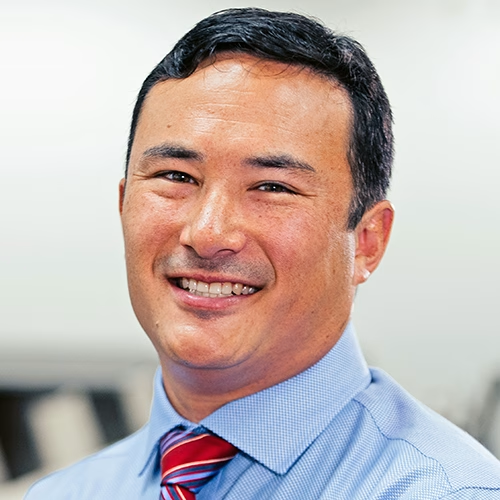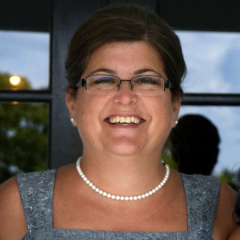About
The ICTR Clinical Investigation Graduate Program includes a PhD program, an MS program, and a PhD minor. All students share a common didactic foundation encompassing biostatistics, epidemiology, clinical study design, clinical trials conduct, and the ethical and responsible conduct of research.
MS in Clinical Investigation
The major requires 30 credits. Please refer to the Guide for Clinical Investigation, MS, and the Clinical Investigation Graduate Program Academic Policies and Procedures Handbook for program information.
PhD in Clinical Investigation
The major requires 51 credits. Please refer to the Guide for Clinical Investigation, PhD, and the Clinical Investigation Graduate Program Academic Policies and Procedures Handbook for program information.
PhD Minor in Clinical Investigation
Applications accepted year-round.
The minor requires 9 credits. Please refer to the Guide for Clinical Investigation, Doctoral Minor, for program information. The PhD Minor in Clinical Investigation is also known as the PhDCTS.
Doctoral students in Engineering, Nursing, Veterinary Medicine, and other disciplines can declare a PhD Minor with a focus in Clinical and Translation Science to learn about applications of research to clinical disciplines. The PhD Minor leverages the core curriculum to give trainees in other degree programs the skills and tools necessary to move their biomedical research along the translational pathway.
Form to declare a PhDCTS focus.
Funding Opportunities
Clinical Investigation graduate students tend to be full-time health professionals who are earning their MS or PhD degree part-time. No funding for graduate study is provided to students by the program. Students without faculty appointments usually earn salary and benefits including tuition through graduate assistantships (teaching assistant, research assistant, and other graduate student appointments) through the major advisor’s home department.
ICTR has an NIH-funded TL1 training grant with a few positions open each year on a highly competitive basis. Eligible students are US citizens or permanent residents earning a PhD in Clinical Investigation full-time or earning a PhD Minor in Clinical Investigation while pursuing a PhD in other UW-Madison programs.
More funding information can be found on the Graduate School Website.
Required Application Materials
- Secure a faculty advisor prior to applying for admission.
- Apply through the Graduate School. Indicate intended Major Field of Study from drop-down menu: “Clinical Investigation, PhD” or “Clinical Investigation, MS”.
- Upload unofficial transcript(s) from EACH post-secondary institution attended (undergraduate and graduate), even if no degree was received.
- Note: International academic records must be in the original language accompanied by an official English translation.
- Upload statement by answering “How has your background and life experiences, including cultural, geographical, financial, educational, or other opportunities or challenges motivated your decision to pursue a graduate degree at the University of Wisconsin-Madison?” (no more than 2 pages, single spaced, PDF).
- Upload current CV/Resume (PDF).
- Supplementary application materials (PDF).
- NIH Biosketch
- A 300-word essay describing your clinical or translational research project, faculty advisor, and your relationship with your faculty advisor.
- List names and emails of THREE references who will submit electronic letters of recommendation.
- Be sure to check the box to send the email requests for EACH program that you apply to at UW-Madison.
- One of the reference letters must be submitted by your prospective Graduate Program in Clinical Investigation (GPCI) faculty advisor agreeing to mentor you as a student throughout your studies in the GPCI program.
- Submit a $75.00 non-refundable application fee, payable by credit card (Mastercard or Visa). A limited number of application fee grants are available to eligible students.
- Submit OFFICIAL TOEFL Scores, if applicable, from the Educational Testing Service (ETS).
- Institution code: 1846, no department code required.
- TOEFL scores are not accepted if more than 2 years old.
- International applicants are exempt from the TOEFL requirement if: the official language of instruction at the undergraduate institution is exclusively English; they have completed two full-time semesters of work in a U.S. institution; or if they have a degree from an accredited U.S. institution. Visit the Graduate School website for more information.
**GRE SCORES ARE NOT REQUIRED**

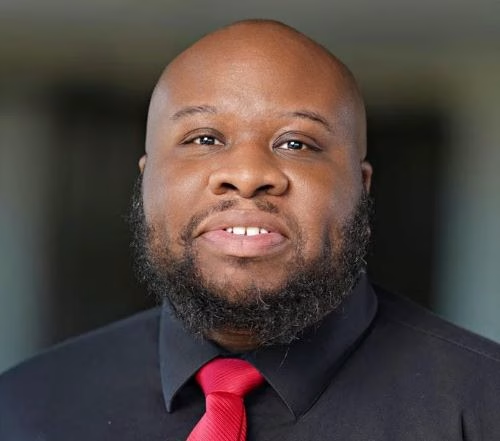
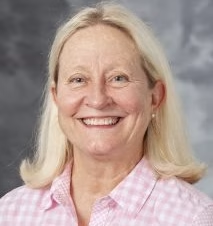
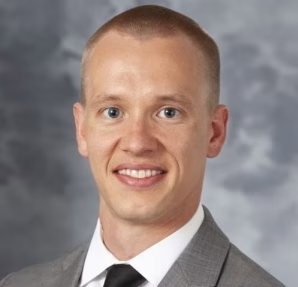

 “After completing residency at Mayo Clinic where I performed clinical research and fellowship at the University of Michigan where I performed wet lab work, I started on faculty at the University of Wisconsin in the fall 2015.
“After completing residency at Mayo Clinic where I performed clinical research and fellowship at the University of Michigan where I performed wet lab work, I started on faculty at the University of Wisconsin in the fall 2015. 